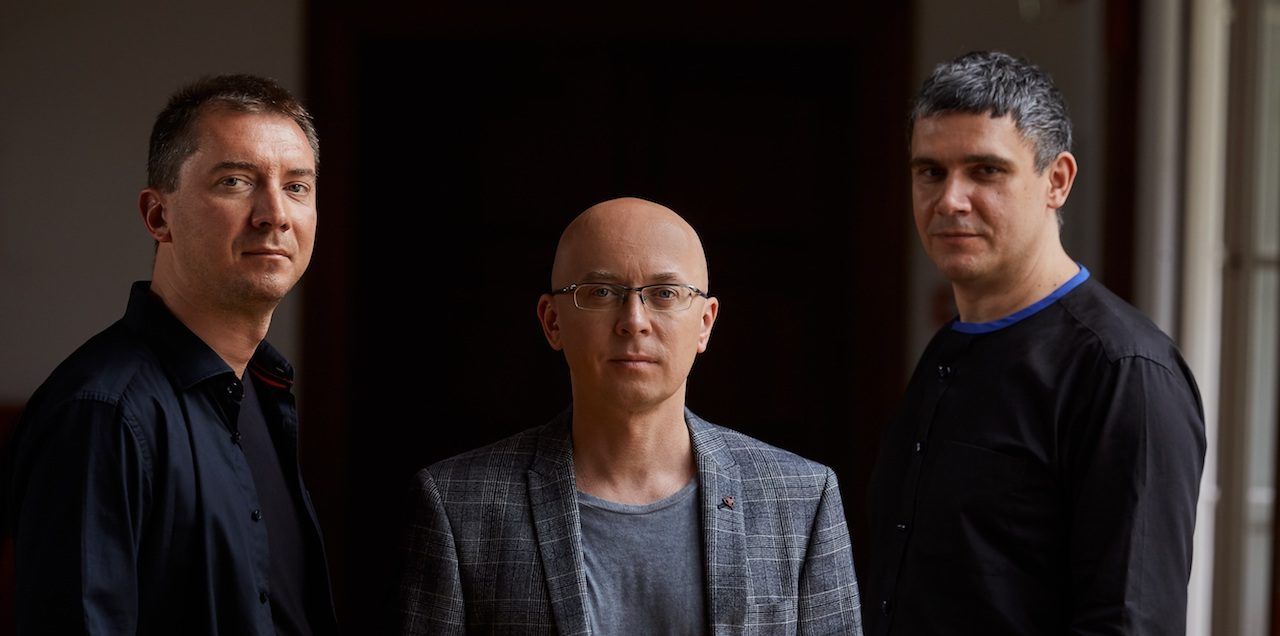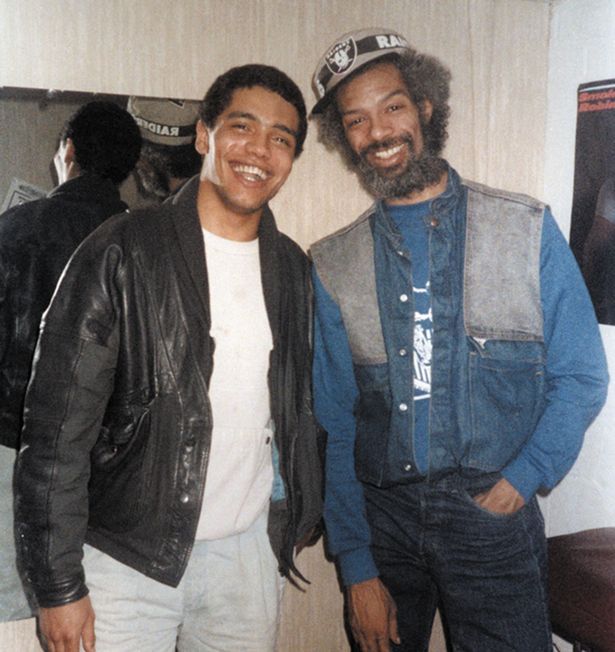
A track of the day and for the ages: More Bill Evans-like and thus deeper than ever journeying to the urge within, the world class Wasilewski trio have been around since the 1990s and are one of the most successful jazz acts from Poland in decades. Known as Tomasz Stańko's band in the early-2000s and so beautiful with the master on albums such as the 2002 classic Soul of Things they go way back as a unit to when they were the Simple Acoustic Trio. Wasilewski has an austere eye and sometimes that severity can overbalance too much. With Stańko you always got that frontman passion and the trio were a foil to that extravagant bravura side of the much missed trumpeter. And yet Wasilewski certainly on this track displays the overt expression that you sense is there even when he goes oblique and introverted and surfaces on some of the trio's albums as well but is often carefully hidden away within the pristine and so private to him harmonic mastery that he has always displayed, the subtle chord progressions and such elegance. Sławomir Kurkiewicz on double bass and Michał Miśkiewicz on drums often draw him out and that happens here. But what is also beautiful is an accommodation of the sense of retreat and the sheer space within the arc of the piece that Wasilewski creates like a clearing in the woods, a single splash on water. A marvel, as shards of melody from the piano suggest fertile ideas, bass and drums finish these sentences and you hear rumbles that Chick Corea might well have run with summoned from a place of the imagination that only this trio knows. Drawn from studio album en attendant recorded at La Buissonne in France two summers ago and which includes music by Bach, Carla Bley and slightly incongruously The Doors the album is out on 10 September. Michał Miśkiewicz, above left, Marcin Wasilewski, Slawomir Kurkiewicz
Read this 2014 Wasilewski interview conducted around the time of the release of their earlier masterpiece Spark of Life
Tags:
